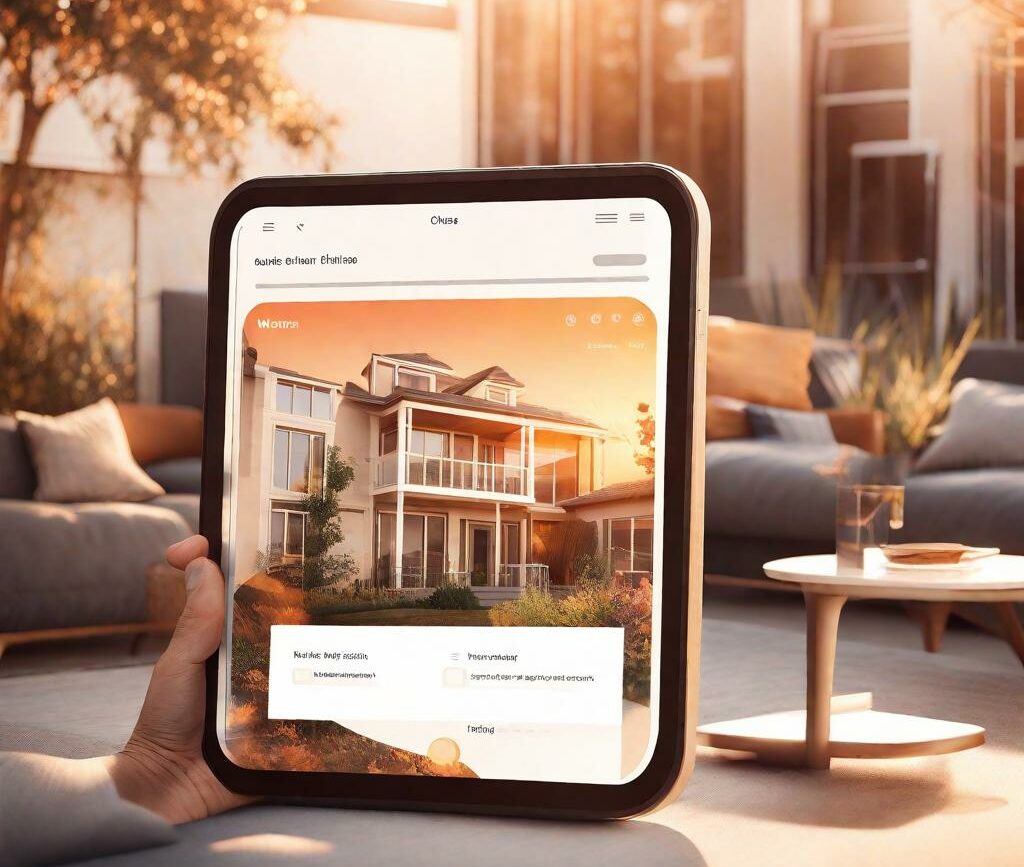
Search filters play a crucial role estate agency websites, revolutionizing the way users search for their dream homes. These filters are not just mere tools; they are powerful mechanisms that enhance user experience, increase conversions, and ultimately contribute to the success of your website. In this article, we will dive deep into the significance of property search filters and explore various strategies to make the most of them on your estate agency website.
Choosing the Right Property Search Filters
A. Understanding the needs and preferences of your target audience
To create effective property search filters, it is essential to understand the needs and preferences of your target audience. By segmenting your audience and gathering demographic and psychographic insights, you can identify the most relevant filter options to include on your website. Utilizing user data analytics will provide valuable insights for filter customization, ensuring that you offer the most accurate and useful options to your users.
B. Integrating Relevant Property Attributes
Additionally, integrating relevant property attributes is a critical aspect of filter selection. Prioritize essential features that potential buyers and renters commonly seek, such as the number of bedrooms, bathrooms, price range, and property type. Identify the unique selling points of your properties and highlight them as filter options to enhance their effectiveness. However, be mindful not to overwhelm users with too many filter options. Optimize the number of filters, ensuring that they are sufficient to meet users’ needs without causing decision fatigue.
C. Incorporating Location-based Filters
Location is an important factor in property searches. Incorporating location-based filters can significantly improve the user experience. Implement geolocation data to personalize the property search based on the user’s current location. Enable dynamic location filter options, allowing users to explore properties in specific neighborhoods or proximity to amenities and facilities. Take advantage of mapping functionalities to enhance the location-based filtering experience, making it easier for users to visualize the properties in their desired areas.
Designing User-Friendly Filter Interfaces
A. Simplifying Filter Structure and Navigation
Simplifying the structure and navigation of property search filters is key to ensuring a user-friendly experience. Organize filters into logical categories, such as “property type,” “price range,” and “amenities,” for easy navigation. Implement intuitive interface elements, such as drop-down menus, checkboxes, and sliders, that make it seamless for users to select their desired filter options. Provide clear instructions and tooltips to help users understand the functionality of each filter, eliminating any confusion and frustration.
B. Offering Real-Time Filtering Results
Real-time filtering results are crucial for users who want instant feedback on their search criteria. Enable instant property listing updates based on the filter selection, allowing users to see immediate results. Display the number of available properties for each filter in real-time, giving users a sense of the scale of their search. Incorporate smooth transitions to maintain a seamless user experience during the filtering process, preventing any jarring effects or loading delays.
C. Allowing Customizable and Saved Filters
Allowing users to customize and save their preferred filter combinations enhances personalization and convenience. Empower users to save and access their preferred filter combinations, allowing them to revisit their personalized search preferences at any time. Enable customizable filters, giving users the flexibility to fine-tune their search parameters according to their individual preferences. By facilitating personalized search experiences through advanced filter options, you enhance user satisfaction and increase the likelihood of conversions.
Improving Filter Performance and Optimization
A. Optimizing Filter Loading Speed
Optimizing filter loading speed is crucial to prevent users from abandoning your website due to slow loading times. Minimize page load time by employing techniques such as image compression and caching. Regularly monitor and optimize server response times to ensure efficient filtering, providing users with a seamless experience throughout their property search journey.
B. Conducting A/B Testing and User Feedback Analysis
Conducting A/B testing and collecting user feedback is an invaluable approach to improving the effectiveness of your property search filters. Implement A/B testing to evaluate and refine filter designs, allowing you to identify the most optimal variations that resonate with your target audience. Gather user feedback to identify pain points and areas for improvement in the filter usability. Iteratively optimize filters based on data-driven insights and user preferences, continuously enhancing their performance and usability.
C. Enhancing Mobile-Friendly Filter Experiences
Ensuring a mobile-friendly filter experience is essential in today’s mobile-centric world. Design responsive filters that adapt seamlessly to various screen sizes, providing a consistent browsing experience across devices. Employ touch-friendly filter interaction elements for mobile devices, ensuring that users can easily navigate and select options with their fingertips. Conduct thorough cross-platform testing to guarantee consistent, user-friendly experiences, regardless of the device used.
Conclusion

In conclusion, property search filters are indispensable tools that can significantly enhance your estate agency website’s potential. By choosing the right filters, designing user-friendly interfaces, and continuously refining their performance, you can ensure a seamless and satisfying property search experience for your users. Effective filters not only improve user satisfaction but also increase conversion rates, ultimately driving the success of your estate agency website. Embrace continuous improvement and adapt your filters to evolving user preferences, ensuring that your website remains at the forefront of the industry.
FAQs:
Q: How do property search filters benefit estate agency websites?
A: Property search filters enhance the user experience, making it easier for potential buyers and renters to find their ideal properties. They increase user satisfaction, improve conversion rates, and ultimately contribute to the success of estate agency websites.
Q: Can I customize the property search filters to target specific demographics?
A: Yes, by understanding the needs and preferences of your target audience, you can customize the property search filters to cater to specific demographics. Segmenting your audience and utilizing demographic and psychographic insights will help you select the most relevant filter options.
Q: Are real-time filtering results important for users?
A: Yes, real-time filtering results provide instant feedback to users, allowing them to see the number of available properties based on their selected filters. This helps users estimate the scale of their search and make informed decisions.
Q: What measures can I take to optimize filter performance?
A: To optimize filter performance, you can focus on reducing page load time by employing techniques such as image compression and caching. Regularly monitor and optimize server response times to ensure efficient filtering. Conduct A/B testing and gather user feedback to refine filter designs based on data-driven insights.
Q: How often should I review and update my property search filters?
A: It is crucial to continuously review and update your property search filters to adapt to evolving user preferences. Regularly monitor user feedback and conduct A/B testing to identify areas for improvement. By keeping your filters up to date, you can ensure that your website remains ahead of the curve.




